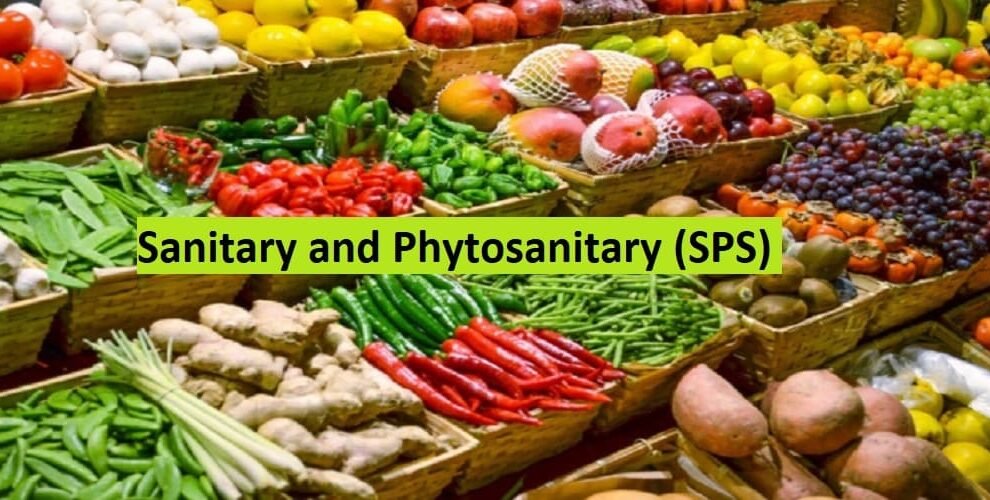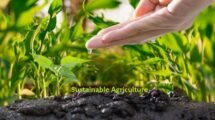Stricter UK-EU Food Safety Rules May Impact Indian Agri Exports Despite Zero-Duty Deal
As the United Kingdom and the European Union move closer to finalising a deal on sanitary and phytosanitary (SPS) rules, Indian agricultural exporters may soon face tighter regulations in the UK market. Experts warn that these stricter norms—especially concerning maximum residue limits (MRLs) in food products—could offset the benefits India secured under the recently concluded India-UK free trade agreement, which offers zero-duty access.
Rising Indian Exports to UK
India’s agricultural exports to the UK have seen a notable rise, increasing from 4.58 lakh tonnes (worth $686 million) in 2019–20 to 5.23 lakh tonnes (worth $997 million) in 2024–25. This surge followed the UK’s exit from the EU in February 2020, after which it adopted Codex food safety standards—generally considered more lenient than the EU’s stricter norms.
In 2024–25 alone, India exported 2.09 lakh tonnes of rice to the UK, valued at $210.25 million. This included 1.81 lakh tonnes of basmati rice ($190.93 million) and 28,254 tonnes of non-basmati rice ($19.32 million).
Top Agri Exports to UK
Beyond rice, India’s top 10 agricultural export commodities to the UK (by volume) include processed fruits and juices, spices, fresh fruits, processed foods, vegetables, cereal-based products, pulses, and marine goods.
In terms of value, the top exports were:
-
Basmati rice
-
Spices
-
Marine products
-
Miscellaneous processed foods
-
Processed fruits and juices
-
Tea
-
Cereal preparations
-
Fresh fruits and vegetables
SPS Deal to Ease EU-UK Trade, But Could Tighten Norms for Others
The proposed SPS agreement between the EU and UK aims to simplify trade in food and agricultural products between them by reducing the need for health certificates and inspections for most animal and plant-based goods.
According to an internal European Commission document, the agreement must ensure strict protection against SPS risks without compromising food safety and consumer protection standards in the EU or the UK. This could lead to tighter regulatory alignment with the EU’s rigorous food safety norms. Also Read | China backed India at WTO agriculture conference on wheat export ban
What It Means for India
Experts say the agreement will push the UK towards a dynamic alignment with EU standards, ensuring consistent regulatory practices across both regions. However, for countries like India, it could mean adhering to more stringent food safety measures to maintain market access.
S. Chandrasekaran, a foreign trade policy expert, said, “India, as a technology-driven economy, should view this as an opportunity. With advancements in process innovation and artificial intelligence, this could give a significant boost to startups in the agri-export segment.”
He added that while stricter SPS standards could pose short-term challenges, they may ultimately raise the quality and global competitiveness of Indian agricultural exports.


















Add Comment